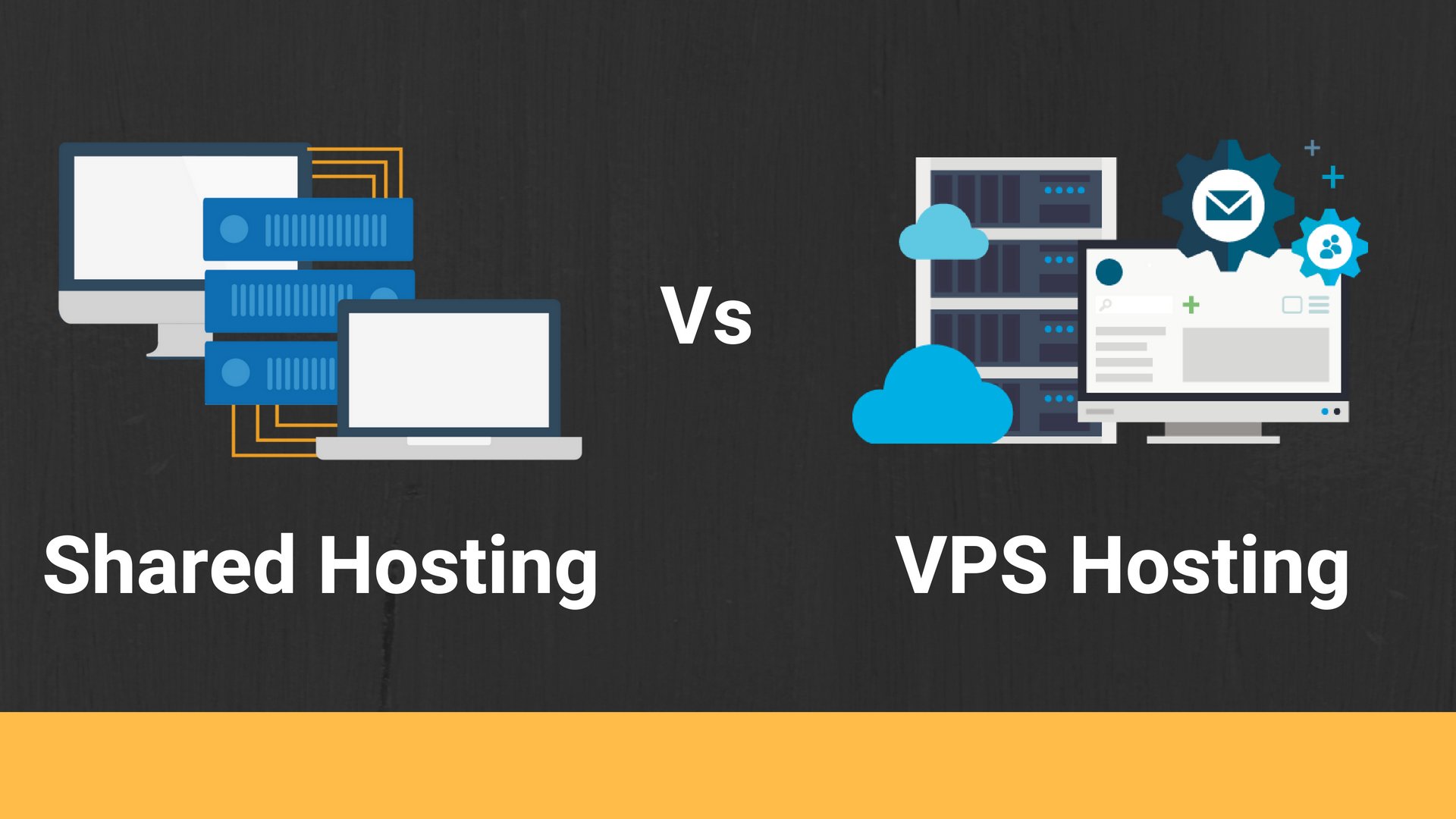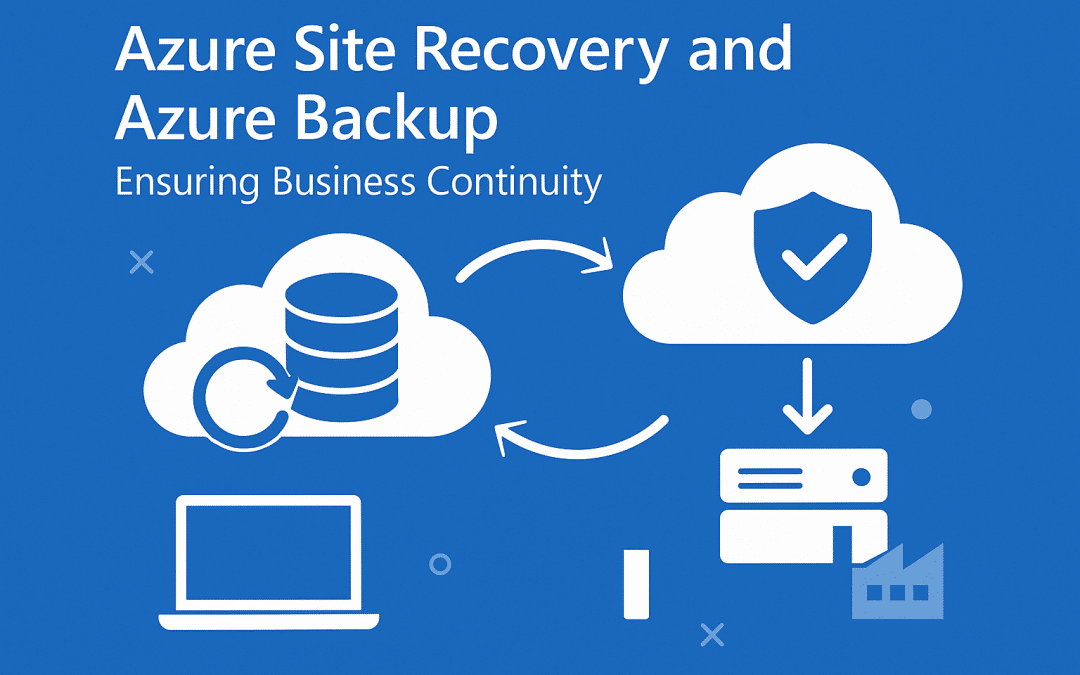Shared Hosting vs. VPS Hosting — Which One Is Good?
Read this article to learn about, ‘Shared Hosting vs. VPS Hosting — Which One Is Good?’.
Shared Hosting vs. VPS Hosting — Which One Is Good?
Shared hosting entails allowing multiple websites to use a single server. The whole shebang, including data transfer rates and storage capacities. Virtual private servers (VPSs) are a type of hosting that allows users to experience conditions similar to those of a dedicated server (where a user has full access to a physical server and its resources) while yet benefiting from the economies of scale associated with shared hosting.
One further approach to understanding the distinction is to compare them to real estate rentals:
When using shared hosting, your site is stored alongside those of other users. Similar to renting a room in a shared house, you have your own space but also share the property’s common areas.
In terms of cost, shared hosting is by far the most affordable option. It has its advantages, but it can make people feel confined at times.
In virtual private server hosting, you get your dedicated portion of a server rather than sharing it with anybody else. Comparable to renting an apartment in a high-rise, but with more square footage, more amenities, and more options, but also a slightly higher monthly rate. Although you have more freedom, you are still using a server that many other people have access to.
Shared hosting is best suited for “static” websites, which do not evolve in response to user input and hence can be hosted on any server. For simple individual sites like blogs and new businesses, shared hosting is the ideal option. You don’t get a tonne of bells and whistles, bulletproof security, or lightning-fast load times, but you also don’t need them.
Virtual private servers are a great option for larger personal websites, online retailers, and companies. The price increase is appropriate in light of the improved functionality, safety, and performance.
If you want your site to expand, VPS hosting is an excellent choice. Consider it an investment and choose a strategy that will help you achieve your long-term goals as well as meet your immediate needs.

Features of Shared Hosting vs. VPS Hosting
- Resource allocation: Shared hosting entails allowing multiple websites to use a single server. The whole shebang, including data transfer rates and storage capacities. Virtual private servers (VPSs) are a type of hosting that allows users to experience conditions similar to those of a dedicated server (where a user has full access to a physical server and its resources) while yet benefiting from the economies of scale associated with shared hosting.
One further approach to understanding the distinction is to compare them to real estate rentals:
When using shared hosting, your site is stored alongside those of other users. Similar to renting a room in a shared house, you have your own space but also share the property’s common areas.
In terms of cost, shared hosting is by far the most affordable option. It has its advantages, but it can make people feel confined at times.
In virtual private server hosting, you get your dedicated portion of a server rather than sharing it with anybody else. Comparable to renting an apartment in a high-rise, but with more square footage, more amenities, and more options, but also a slightly higher monthly rate. Although you have more freedom, you are still using a server that many other people have access to.
Shared hosting is best suited for “static” websites, which do not evolve in response to user input and hence can be hosted on any server. For simple individual sites like blogs and new businesses, shared hosting is the ideal option. You don’t get a tonne of bells and whistles, bulletproof security, or lightning-fast load times, but you also don’t need them.
Virtual private servers are a great option for larger personal websites, online retailers, and companies. The price increase is appropriate in light of the improved functionality, safety, and performance.
If you want your site to expand, VPS hosting is an excellent choice. Consider it an investment and choose a strategy that will help you achieve your long-term goals as well as meet your immediate needs.
Thus, you get more resources with VPS hosting than with Shared hosting.
2. Security: First, we’d like to reassure you that shared hosting is, in general, a secure option. Although providers put in extensive effort to ensure security, this cannot be guaranteed. Once again, this is because of the other sites on the same server.
Every website hosted on the same server is at risk if even a single one experiences a security breach. Even if you lock yourself in your room, you’re still vulnerable if a roommate forgets to close the front door.
Security concerns are reduced when using a virtual private server. You share a server with other VPS customers, but everyone benefits from the server’s enhanced security features. Having your place also gives you greater control over your safety, since you can do things like installing security cameras and alarms as you see fit. Even if someone accidentally leaves the door to your building unlocked, there is no reason to worry.
Thus, security is more with VPS hosting than with shared hosting.
3. Performance: No matter how many features or safeguards your website has, its usability is what matters most to your audience. Bandwidth allocations and service availability will change from one plan to the next, and your choice of ISP will also affect these factors.
From what we can tell, approximately half of all internet users have a two-second page-load expectation. You should, therefore, be on a plan that can accommodate increased traffic without slowing down page loads.
Thus, VPS hosting has greater performance than shared hosting.
4. Configuration and Customization: Most hosting services will handle the initial configuration (also known as “setup”) of your server. With shared hosting, the provider handles all of the configurations for you, freeing you to focus on other matters.
Virt-PaaS adds a few layers of complexity to the equation. Virtual private servers (VPSs) can be either managed or unmanaged. Managed plans are similar to shared hosting in that the initial configuration is handled automatically. Unmanaged puts the decision in your hands, albeit it is typically utilized by professionals and advanced users.
There is a notable distinction between the two hosting kinds with regards to personalization. To clarify, let’s look at another example using your cell phone plan. In contrast to shared hosting, which has strict limits on things like call minutes and data transfer, a virtual private server (VPS) allows you to tailor your package to your exact needs.
VPS hosting has better customization than shared hosting.
5. Scalability: The choice between shared and VPS hosting should be based on the needs of your website. If your site only receives a few hundred visitors per week and you have no plans to expand, shared hosting may be the best option for you.
As your website traffic increases, however, issues begin to arise. Your lovely homepage might turn into an error message if your visitor number suddenly jumps from the hundreds to the thousands.
By spending a few dollars more per month now on VPS hosting, a small business has room to expand in the future.
VPS hosting has better scalability than shared hosting.

CONCLUSION
After reading this article, you might have got a good idea about, ‘Shared Hosting vs. VPS Hosting — Which One Is Good?’. You can choose the hosting plan which best suits your business. You can read this article to learn about, shared hosting vs. dedicated hosting.
You can also read this article to learn about, how to buy Admin RDP.
You can visit our website, 99rdp.com, and check the pricing plans of the RDP you want to buy.




